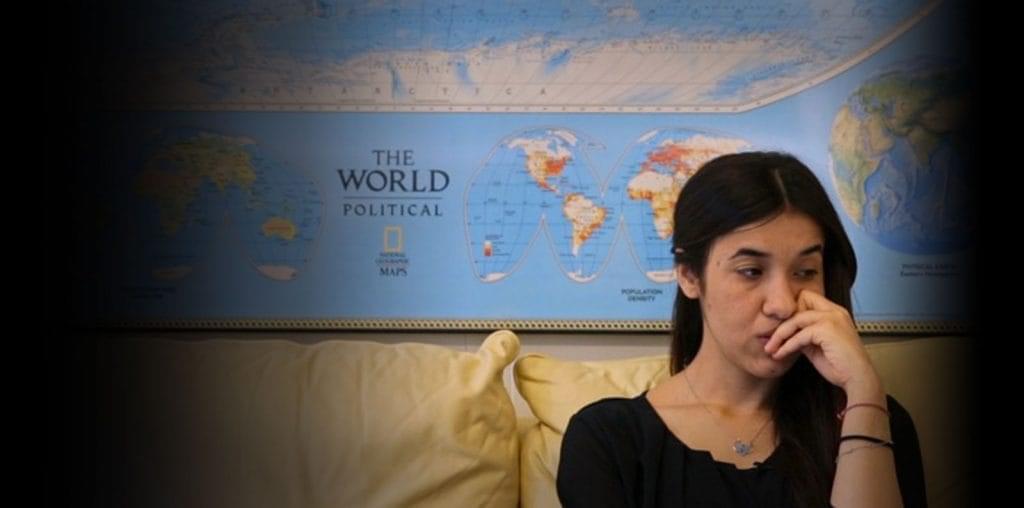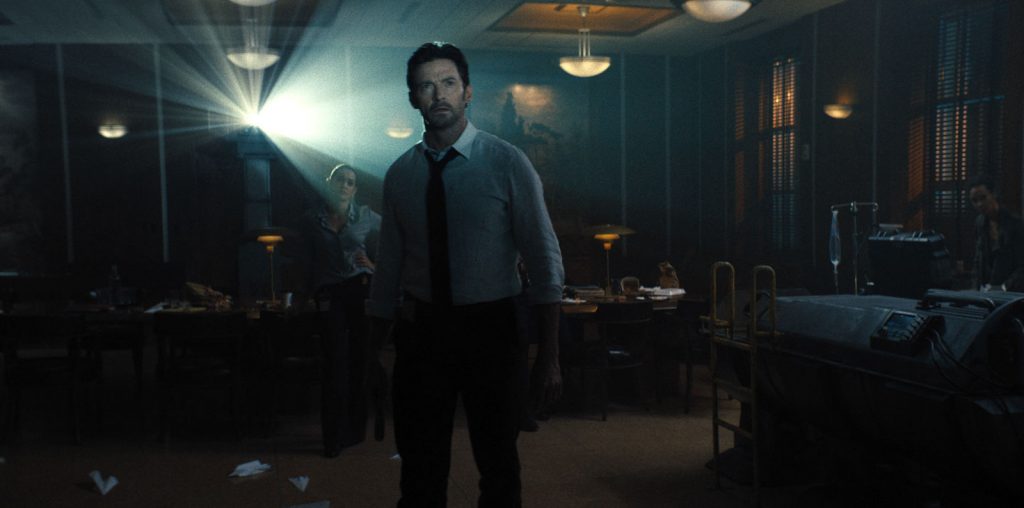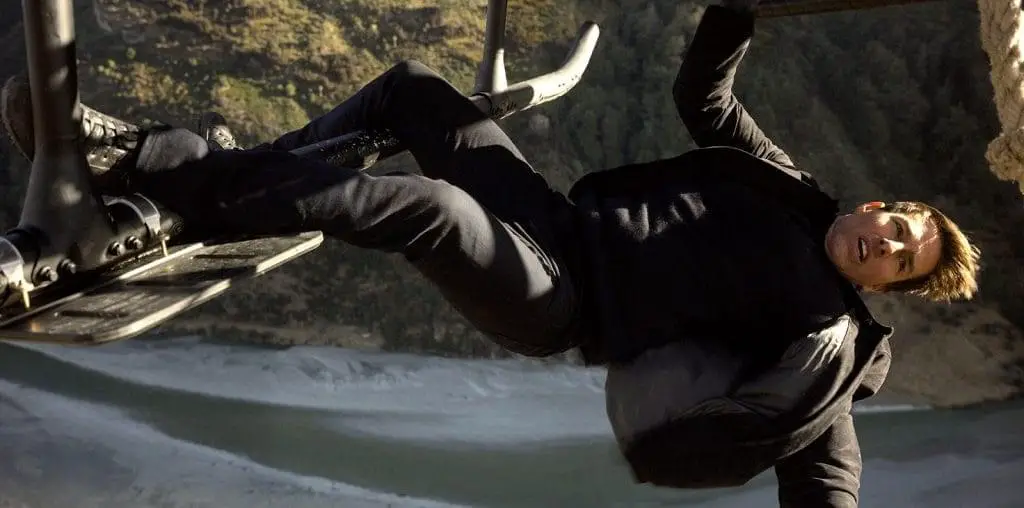
Paul Thomas Anderson is no stranger to a quirky story. Here he adds a few neurotic twists to the standard romantic comedy, pairing together Adam Sandler and Emily Watson to tell his tale.
The first instinct is to think that Sandler will offer a drastically different performance from his standard shtick. After all, he is playing opposite Watson, an actor with a polished British veneer and an impressive resume. Think again — he’s the same character that’s graced films like Mr. Deeds and The Waterboy: a clumsy, occasionally violent and ultimately lovable goof-up.
Anderson has written a screenplay that gets to the heart of Sandler’s emasculated male persona. Sandler plays Barry, a socially-maladjusted bathroom-supply salesman who’s trying his best to get ahead in life. He’s plotted a plan, for instance, to get bonus frequent-flier miles from a supermarket pudding promotion, and ends up buying an aisle’s worth of pudding. It’s the type of scheme that will earn him considerable ridicule from his seven overbearing but well-intentioned sisters.
Barry’s demeanor suggests a man in an arrested state of development. He goes through most scenes with a glazed look on his face, struggling to maintain self-control. Anyone familiar with Sandler knows he could lose it at any moment, which he does in somewhat shocking outbursts.
Things change for Barry after he picks up a harmonium that someone discards in front of his warehouse. In a moment worthy of Magnolia, the harmonium arrives after a dramatic early-morning car crash. It’s the precursor to the entrance of Lena (Watson), a co-worker of one of the sisters (Mary Lynn Rajskub). Lena is inexplicably smitten with Barry, and suddenly it looks like love is tumbling into this lonely man-boy’s life.
Ah, but a couple of nights previous, Barry called a phone-sex line and gave the operator his credit card and personal information. The results of this action really complicate matters, as he faces more serious harassment from a seedy entrepreneur (Philip Seymour Hoffman) and some hired thugs. Love has come crashing into Barry’s life, however, and it transforms him, albeit in a classic Sandler vein. The coward turns to victor as he channels his fury into a violent but inevitably liberating resolution.
As with most romantic comedies, the power of love reigns supreme in “Punch-Drunk Love.” It’s a very idiosyncratic take on the genre, but it works because of Anderson’s ability to challenge viewer expectations. Instead of making his principal actors change, he manipulates the story and dialogue to match their characters. His exquisite art-house camera shots and sense of pacing set Sandler up to do his usual thing in an almost poetic manner.


